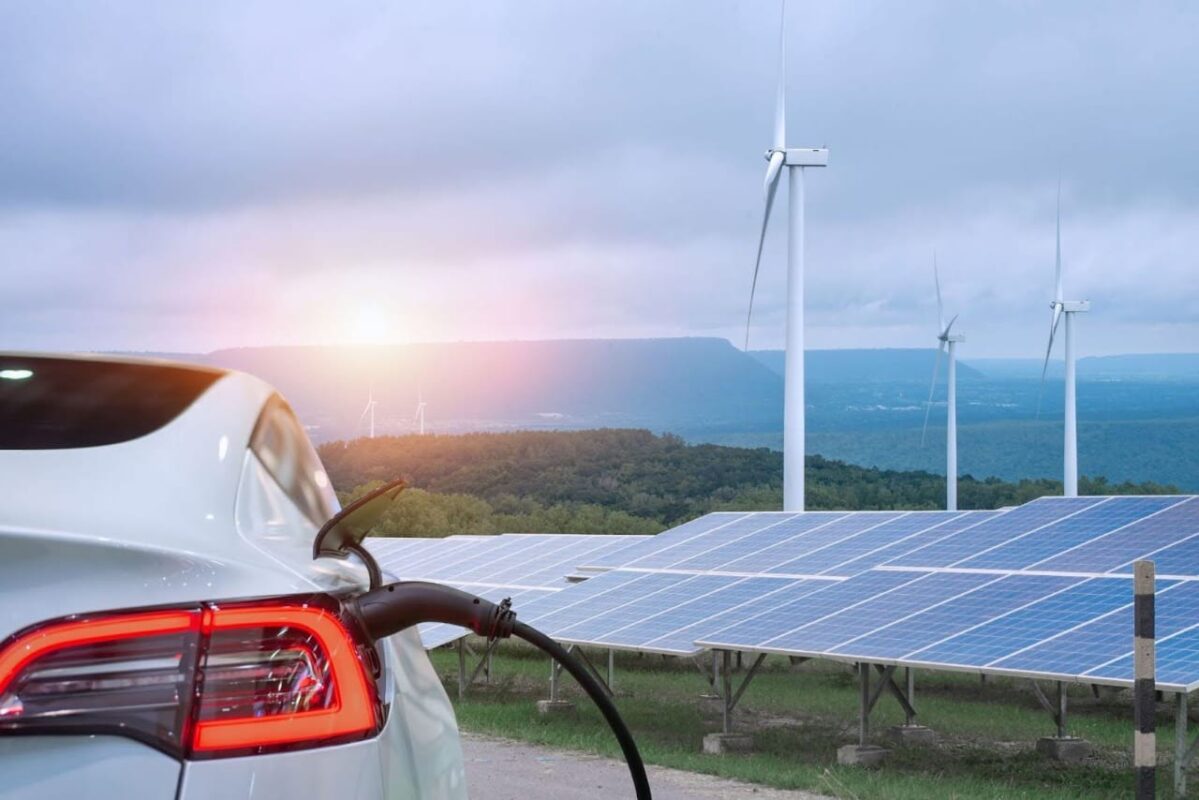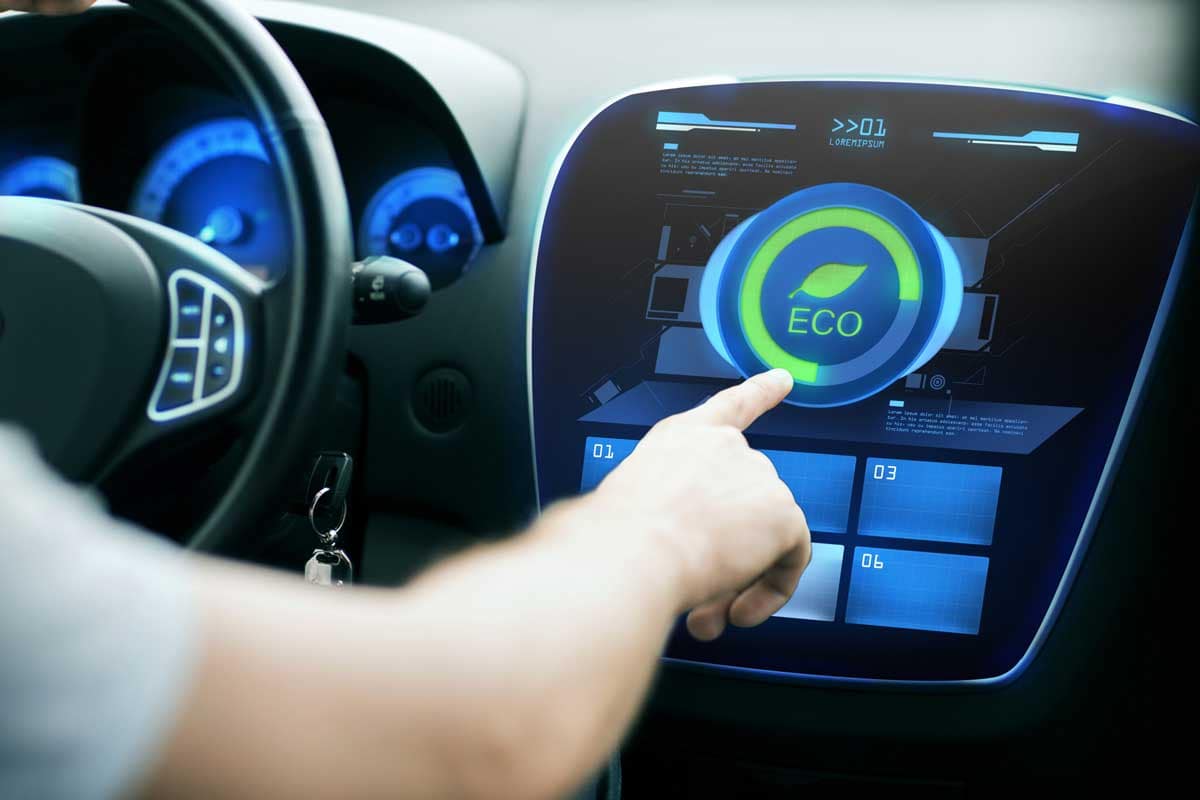When I first heard the buzz about hybrids, I was skeptical. A car powered by both gas and electricity? At best, it sounded like a compromise—a jack of all trades but a master of none. Fast forward a few decades and hybrids have proven me wrong in the best possible way. They’ve become silent champions in the race for sustainable driving, blending practicality and innovation in a way few technologies manage to pull off. Today, hybrids are everywhere, from the streets of Tokyo to the bustling highways of Charlotte, North Carolina, where they’ve found a loyal fanbase among eco-conscious commuters. And with businesses like Hybrid Battery Services offering reliable hybrid battery repair, these vehicles have become a viable long-term solution for drivers.
But what makes hybrids so remarkable? And why are they often overshadowed by the flashier electric vehicles (EVs) that dominate headlines? To answer that, we need to dig into their history, technology, and the unique role they play in bridging the gap between traditional gas-powered cars and the all-electric future. Buckle up—this is a story that’s as much about innovation as it is about resilience.

The Humble Beginnings of Hybrids
The hybrid revolution began quietly with Toyota’s launch of the Prius in 1997. It wasn’t the first hybrid car—Ferdinand Porsche developed a hybrid vehicle in 1900—but it was the first to achieve commercial success. The Prius was a game-changer. Its quirky design and impressive fuel efficiency appealed to a new breed of environmentally conscious drivers. By 2000, the Prius had hit U.S. shores, and its popularity exploded. It wasn’t just a car; it was a statement, a way for drivers to declare their commitment to sustainability.
Toyota’s gamble on hybrids paid off. The company has sold over 20 million hybrids worldwide, cementing its reputation as the leader in hybrid technology. Other automakers soon followed suit. Honda introduced the Insight, Ford launched the Escape Hybrid, and luxury brands like Lexus began incorporating hybrid systems into their high-end models. By the 2010s, hybrids had gone mainstream, offering options for everyone from budget-conscious families to luxury car enthusiasts.
Charlotte, North Carolina, was no exception to the hybrid boom. The city’s mix of urban streets and suburban sprawl made hybrids an ideal choice for local drivers. Their fuel efficiency and lower emissions resonated with a population increasingly aware of the world’s environmental challenges. When those hybrid batteries started to age, businesses like Hybrid Battery Services stepped up, offering affordable hybrid battery repair that kept these vehicles running smoothly.
The Technology Behind Hybrids
At the heart of every hybrid vehicle is its powertrain—a marvel of engineering that combines an internal combustion engine (ICE) with an electric motor. This setup allows hybrids to switch seamlessly between gas and electric power, depending on driving conditions. For example, in stop-and-go traffic, the electric motor takes over, reducing fuel consumption and emissions. The gas engine kicks in on the highway, providing the power needed for higher speeds.
Regenerative braking is another key feature of hybrids. When you brake in a hybrid, the energy that would usually be lost as heat is captured and stored in the battery. It’s a clever technology that improves efficiency and extends battery life. Speaking of batteries, most hybrids use either nickel-metal hydride (NiMH) or lithium-ion (Li-ion) batteries. Both have their pros and cons. NiMH batteries are durable and relatively inexpensive but heavier and less efficient than their Li-ion counterparts. On the other hand, Li-ion batteries are lighter and offer greater energy density, but they’re also more expensive and have a higher risk of overheating.
Maintaining these batteries is critical, so hybrid battery repair services are crucial. In Charlotte, drivers rely on Hybrid Battery Services to diagnose and fix battery issues, ensuring their vehicles remain efficient and reliable. This service has become increasingly valuable as hybrids age, and their batteries degrade.
The Global Impact of Hybrids
Hybrids have profoundly impacted the global automotive market. According to a 2023 report by the International Energy Agency (IEA), hybrids accounted for nearly 12% of global vehicle sales, up from just 3% a decade earlier. Japan leads the pack, with hybrids making up more than 40% of new car sales. The United States and Europe have also seen significant growth, driven by government incentives and consumer demand.
In cities like Charlotte, hybrids are helping to reduce air pollution and greenhouse gas emissions. A Union of Concerned Scientists study found that hybrids produce 30-40% fewer emissions than traditional gas-powered cars. This makes them attractive for eco-conscious drivers who want to reduce their carbon footprint without dealing with the range anxiety associated with fully electric vehicles.
However, hybrids aren’t without their critics. Some environmentalists argue they’re a “halfway solution” that delays the transition to fully electric vehicles. Others point to the environmental impact of hybrid battery production, which requires mining for rare earth metals like lithium and cobalt. These materials are often sourced from countries with lax environmental regulations, leading to deforestation, water pollution, and other ecological issues.
The Rise of Electric Vehicles: Competition or Complement?
The growing popularity of electric vehicles has raised questions about the future of hybrids. Companies like Tesla have captured the public’s imagination with sleek designs, extended ranges, and promises of a zero-emission future. In 2022, EVs outsold hybrids in the U.S. for the first time, signaling a shift in consumer preferences.
However, hybrids still have an essential role, particularly in areas with limited charging infrastructure. In Charlotte, for example, the availability of public charging stations is improving but still lags behind the needs of a fully electric future. Hybrids offer a practical solution for drivers who want to reduce emissions without relying entirely on the electrical grid.
From a technological standpoint, hybrids are also evolving. Plug-in hybrids (PHEVs) offer extended electric-only ranges, giving drivers the best of both worlds. Automakers also invest in solid-state batteries, which promise faster charging times, longer life spans, and improved safety. These advancements could help hybrids remain competitive in an increasingly crowded market.
The Downsides of Hybrids
While hybrids have many benefits, they’re not without their downsides. One of the most common complaints is the cost of hybrid battery replacement. Depending on the make and model, replacing a hybrid battery can cost anywhere from $1,000 to $6,000. This has led many drivers to seek hybrid battery repair services as a more affordable alternative. In Charlotte, businesses like Hybrid Battery Services have become a lifeline for hybrid owners, offering repairs that extend battery life and reduce costs.
Another issue is the environmental impact of battery production and disposal. While hybrids produce fewer tailpipe emissions than traditional vehicles, the output of their batteries generates significant CO2 emissions. Recycling programs exist, but they’re not yet widely adopted, leading to waste and resource depletion concerns.
There’s also the question of performance. While hybrids excel in fuel efficiency, they often lack the power and acceleration of traditional gas-powered vehicles or EVs. This can be a dealbreaker for drivers who prioritize performance over efficiency.
Hybrids in the Real World
Despite these challenges, hybrids have proven their worth in the real world. They’re particularly popular among commuters, who appreciate fuel efficiency and lower emissions. In Charlotte, hybrids are common during rush hour, navigating the city’s mix of urban streets and suburban highways. Local drivers also benefit from the availability of hybrid battery repair services, which help keep their vehicles in top condition.
Globally, hybrids have made significant inroads into markets once dominated by gas-powered vehicles. In India, for instance, hybrids are becoming increasingly popular in combating air pollution in major cities. In Europe, hybrid buses are helping cities like London and Paris meet emissions reduction goals. Even in rural areas, where charging infrastructure is sparse, hybrids offer a practical solution for drivers looking to save on fuel costs.
The Future of Hybrids
As we look to the future, it’s clear that hybrids will continue to play a crucial role in the transition to sustainable transportation. While EVs are undeniably the endgame, hybrids offer a bridge to that future, providing a practical and accessible alternative for millions of drivers worldwide. Advances in battery technology, government incentives, and consumer awareness will likely drive further adoption, ensuring that hybrids remain a relevant and valuable part of the automotive landscape.
In Charlotte, hybrids are more than just a trend—they’re a testament to the city’s commitment to sustainability. With businesses like Hybrid Battery Services offering reliable hybrid battery repair, local drivers have the support they need to keep their vehicles running efficiently. It’s a reminder that even as technology evolves, practical solutions will always be in our lives.
The Legacy of Hybrids
The story of hybrids is one of perseverance, innovation, and practicality. From their humble beginnings with the Toyota Prius to their dominance in global markets, hybrids have carved out a unique niche in the automotive industry. They’ve made sustainability more accessible for millions of drivers who aren’t ready to leap into the all-electric world but still want to make environmentally conscious choices. Whether it’s the compact efficiency of a Prius or the rugged capability of hybrid pickup trucks like the Ford F-150, hybrids have shown their ability to adapt to drivers’ diverse needs.
Hybrids are a testament to the power of balance. By blending the best of traditional gas engines and electric motors, they’ve created a middle ground that offers both performance and efficiency. This adaptability has allowed hybrids to thrive, even in a rapidly changing automotive landscape dominated by electric vehicles and ambitious sustainability goals.
Yet, as with any innovation, hybrids aren’t without challenges. The cost of battery maintenance, the environmental impact of production, and the need for better recycling programs are hurdles that must be overcome. In cities like Charlotte, North Carolina, these challenges are being addressed head-on by businesses like Hybrid Battery Services, which provide essential hybrid battery repair to extend the life of these vehicles and reduce their environmental footprint.
Why Hybrids Matter
What makes hybrids so impactful isn’t just their technology but their accessibility. They’ve made sustainable driving a reality for people who might otherwise stick to traditional gas-powered cars. They’ve proven that environmental responsibility doesn’t have to come with a high price tag or a complete overhaul of daily habits. For drivers in Charlotte, hybrids represent a practical solution that fits seamlessly into the city’s urban-suburban lifestyle, supported by local services that ensure these vehicles remain reliable.
Hybrids also play an essential role in the global transition to greener transportation. They’re helping to bridge the gap between gas-powered cars and electric vehicles, making sustainability more achievable on a large scale. While they may not offer the zero-emissions promise of EVs, their reduced fuel consumption and lower emissions have already significantly reduced global CO2 levels.
The Silent Champions of Sustainability
Hybrids may not make as much noise as their fully electric counterparts, but their impact is undeniable. They’ve changed how we think about driving, proving that sustainability and practicality can go hand in hand. And while they’re not perfect, they’re a step in the right direction—a silent champion in the fight for a greener future.
As we move into an era of heightened environmental awareness, hybrids stand as silent champions in the fight against climate change. They may not have the flash of a Tesla or the allure of a zero-emissions promise, but their practical, balanced approach to sustainability makes them indispensable. They prove you don’t have to go all-in on electricity to make a difference.
For hybrid owners in Charlotte and beyond, maintaining battery health is essential for getting the most out of these remarkable vehicles. With services like Hybrid Battery Services offering affordable hybrid battery repair, drivers can rest easy knowing their cars are in good hands. So here’s to the hybrids of the world—quietly making a difference, one mile at a time.
In Charlotte, where hybrids have become a common sight, businesses like Hybrid Battery Services are helping to ensure that these vehicles remain a practical choice for years. By offering affordable hybrid battery repair, they’re making it easier for drivers to embrace sustainable technology without breaking the bank.
Conclusion: Driving Toward a Better Future
In the end, hybrids are more than just a stepping stone—they’re a solution in their own right. They’ve shown us that innovation doesn’t have to be an all-or-nothing game. Sometimes, the best progress comes from finding a balance, and that’s precisely what hybrids represent.
For those of us in Charlotte, North Carolina, hybrids are more than just vehicles—they’re part of a growing movement toward a greener, more sustainable future. With local support from Hybrid Battery Services, hybrid drivers can continue to enjoy the benefits of their vehicles while contributing to a cleaner world.
So here’s to hybrids: quiet, efficient, and unwavering in their mission to make the world a better place—one drive at a time. Visit hybridbatteryservice.com for more information and affordable services!
Keep an eye for more news & updates on Vital-Mag-Net!

